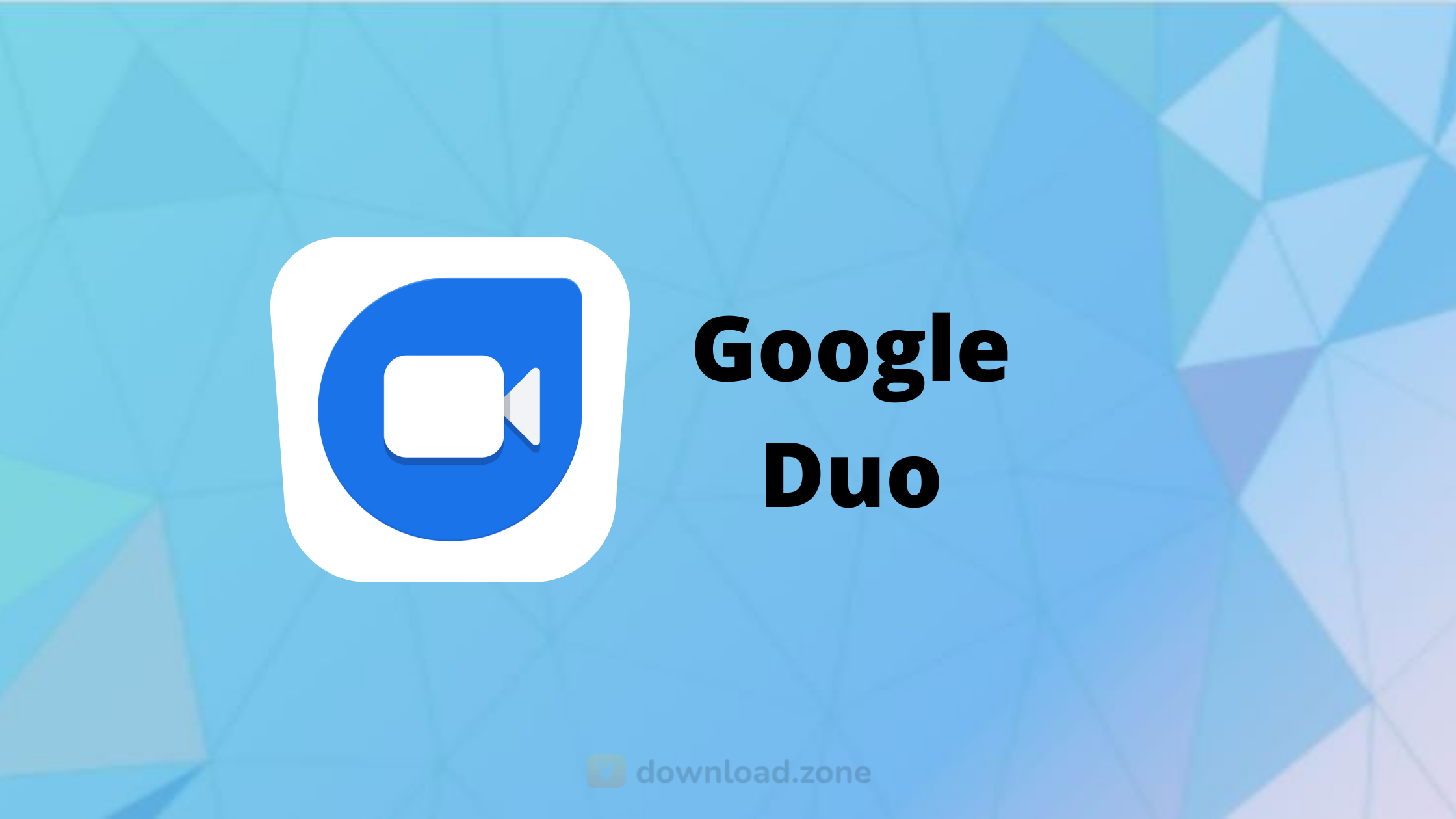

This will likely mean that other VOIP and video conferencing apps and services will benefit from the codec in the future. The team plans to continue optimizing Lyra, improving its quality and reliability in the hope that it will be adopted outside of the Google Duo app. The blog (opens in new tab) itself dives much deeper into the details of how this machine learning has enabled the new technology, as well as using audio snippets to demonstrate the difference between the original audio, Lyra, and other codecs at various bitrates.

#GOOGLE DUO WEB HOW TO#
This data includes speakers in over 70 languages, available freely in open source libraries, to ensure that it's universally applicable. How to Use Google Duo - Beginners Guide Techboomers 552K subscribers Subscribe 3.2K 292K views 2 years ago Google Tutorials Staying in touch with your family and friends can be hard if you. Lyra's advancements are brought about by Google AI's combination of existing codec technology and "advances in machine learning with models trained on thousands of hours of data". There's no specific mention of when the codec will be widely available, but it's likely that it will be a behind-the-scenes update, so it may not arrive with much fanfare when it does land. So, if you're a Google Duo user on either Android or iOS, and you suffer from poor or inconsistent internet connections, you could soon see a significant improvement to call quality and stability. In the blog post, Google AI announced that it's "currently rolling out Lyra to improve audio call quality and reliability on very low bandwidth connections". Google tells its scientists to be more positive about AI.


 0 kommentar(er)
0 kommentar(er)
